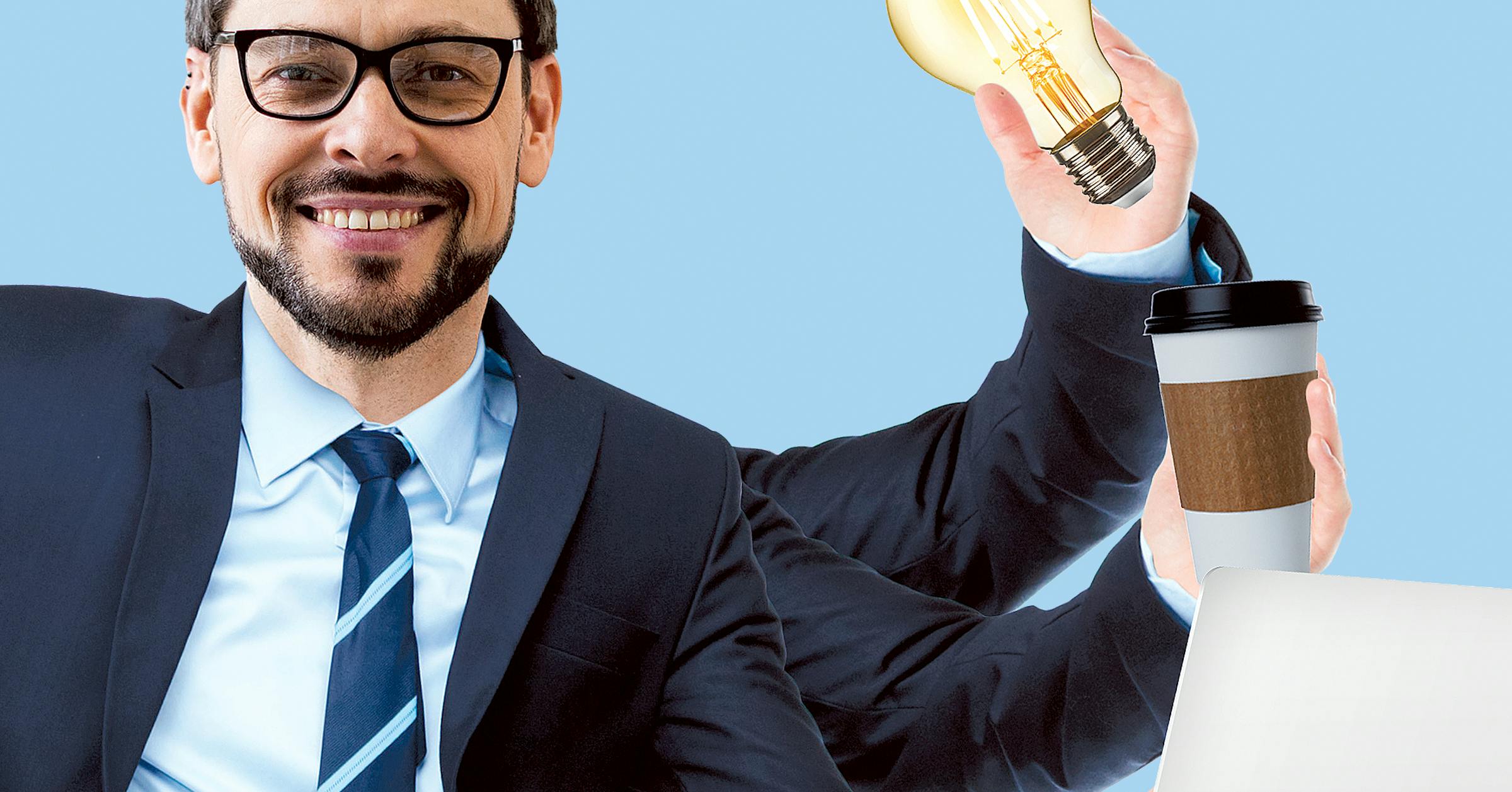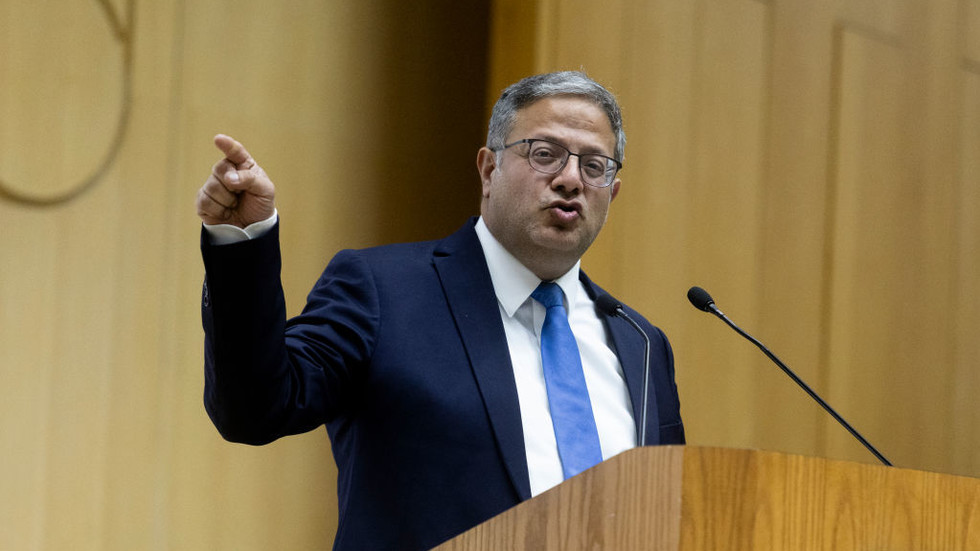Copyright Star Tribune

So, he took his sales, marketing and product experience and went solo in 2023. He now works in leadership roles with various companies in fields like manufacturing and logistics. Colleagues at these companies trust him more, Smith said, than when he worked at large companies. He’s not a rival. He’s not there to take control. He instead focuses on helping his midsize clients succeed. As a long-term-but-part-time chief marketing officer, he said he’s “on the team but out of the politics.” He can also grab CEOs “by the ears and tell them, ‘I’m not sure this is really smart,’” in a way he never could in the corporate world. Smith, though, isn’t a full-time employee, nor is he a consultant. Rather, he is among a growing number of fractional professionals, corporate veterans who, through layoff, ageism or having had enough of the nine-to-five grind, are striking out on their own. Fractionals like Smith are taking on “permanent, part-time roles” with small and midsize companies, ones that need help in sales, marketing, operations, finance or other areas as they pursue growth. But their budgets might not allow for hiring such talent full time. For those interested in this new way of working, here is some background and advice from those who have joined the fractional revolution. John Arms, a local and early leader of the fractional movement who founded the Frak conference in 2023 alongside another local Rob Smith, had more than two decades of experience in executive marketing roles when he sold an agency he had started. He didn’t want to work for anybody else, and he didn’t like the idea of feast-or-famine consulting. One of Arms’ acquaintances, Jason Voiovich, was doing the same, and the two combined to found Minneapolis-based Voyageur University. It offers a five-week “fractional masters course” to help executives transition from corporate leadership to an independent fractional practice. Voyageur U also has a marketplace for health insurance and an operating system for fractionals. “Jason and I were super early on in what this has become,” Arms said. “But this dynamic is far, far larger than the Twin Cities. I can’t tell you it’s any more important in Omaha than it is in New York City or San Francisco. New Zealand and Australia are huge on fractional. Singapore is huge. London is starting to catch up. So, it is definitely global in nature.” Arms attributes fractionals’ growth to burnout, exemplified in the 11 million people who took part in the Great Resignation; the normalization of mass layoffs and those people not returning to corporate work; and company burnout because of the expense of hiring and providing benefits to full-timers. For example, the difference between the fractional economy and the full-time economy, “because your next chapter is going to be the exact opposite of a corporate environment.” “In a lot of ways, fractional is an indictment of what we have normalized in the full-time status quo,” Arms said. “There are a lot of leaders I talk to in Big Talent, and they’re like, ‘This industry, the full-time industry has been dying for a new model. It’s been ripe for disruption for quite some time.’” The difference comes down to behavioral science, Arms said, and the pre- and post-age 40 parts of professional life that most people don’t know about and most companies don’t understand. Before 40, your career largely depends on fluid intelligence, or the ability to learn quickly, adapt and problem-solve on the fly, said Arms, citing the work of Harvard University professor Arthur C. Brooks in his book “From Strength to Strength.” “In a shareholder economy, when it’s all about efficiency and time and hours and profit, which looks like an industrial era model, we’re not doing very well at utilizing all that wisdom in corporate,” Arms said. “However, the midmarket’s starving for it. They don’t have the wisdom on board that they need because it’s been behind the corporate paywall up until now, and it no longer is.” Building up your fractional confidence is also important. That involves understanding your value, Arms said, apart from whatever corporate title you might have had. Humility and an ability and desire to help others also are important. Some corporate deprogramming also comes into play, Arms said, as in adopting a “give first, help others” mindset of servitude and abundance, rather than one of “crush the competition and build a moat around it.” At more than 120,000, the number of fractional professionals worldwide doubled from 2022-24. Sixty percent of those are in the U.S. and Canada, “the birthplace and bellwether” of the movement, according to a report from Dan Gwalter, a fractional consultant in the U.K. Katie Walter — CEO of the Frak conference, which is in Minneapolis next week — was in corporate communications and marketing at Thomson Reuters for 16 years before she began working as a fractional chief marketing officer after a 2018 layoff. A generous severance gave her time to think about what to do next, which included spending more time with her kids, then 7 and 10 years old. “What I found in that process was fractional, and that that as a mode of self-employment made a lot of sense to me,” Walter said. The most important thing she and her husband did, Walter said, was “get on the same page about money.” Accepting that self-employment income is variable “in that you have to eat what you kill.” She did not set out to replace or make more than her corporate salary with her fractional earnings. She and her husband met with their financial planner to determine their priorities. “My goal was to keep the house that we’re in and retire on time,” according to the date she previously had set with her husband, she said. Be clear up front, Walter said, about your pay but also what the client needs and what you can do to support that. “For a pleaser like me, that has been really important,” Walter said. “If you don’t lean into that scope of work, and you say, ‘I just want to make them happy, no matter what,’ you’re not going to be successful as a solo-preneur. You’re going to be just as burned out as you were in corporate.” The fractional market is feeling growing pains typical of a maturing industry, according to this year’s fractional survey. Business development was the primary challenge for 69% of respondents, a 9% increase. Fractionals depend heavily on referrals, with more than three-quarters of respondents planning to grow through networking. Walter believes fractionals might be more optimistic now than when the survey took place earlier this year. More companies — even some fractionals — will help systematize your business development efforts. “People are having some luck with more targeted efforts,” Walter said. “But the reality is, there is still a lot to be said for cultivating a referral network.” “If you learn at scale, and you build community at scale, you will crush it,” said Arms, adding community was one of the main motivating factors in establishing the yearly Frak conference. Bryan Smith, who now works and podcasts as a fractional chief marketing officer, underscored the importance of collaboration with others who have broken free from the corporate world. Ask for help and receive help, and you’ll find it’s a generous, supportive community. “There are times when it’s hard for us to accept generosity, especially as Minnesotans, and I’ve had to get over that,” Smith said. “The best way to network is to be of service. When I have a networking call with someone, I am interested to find out how I can help them. And I find that’s what often leads to them ending up healing me.”



